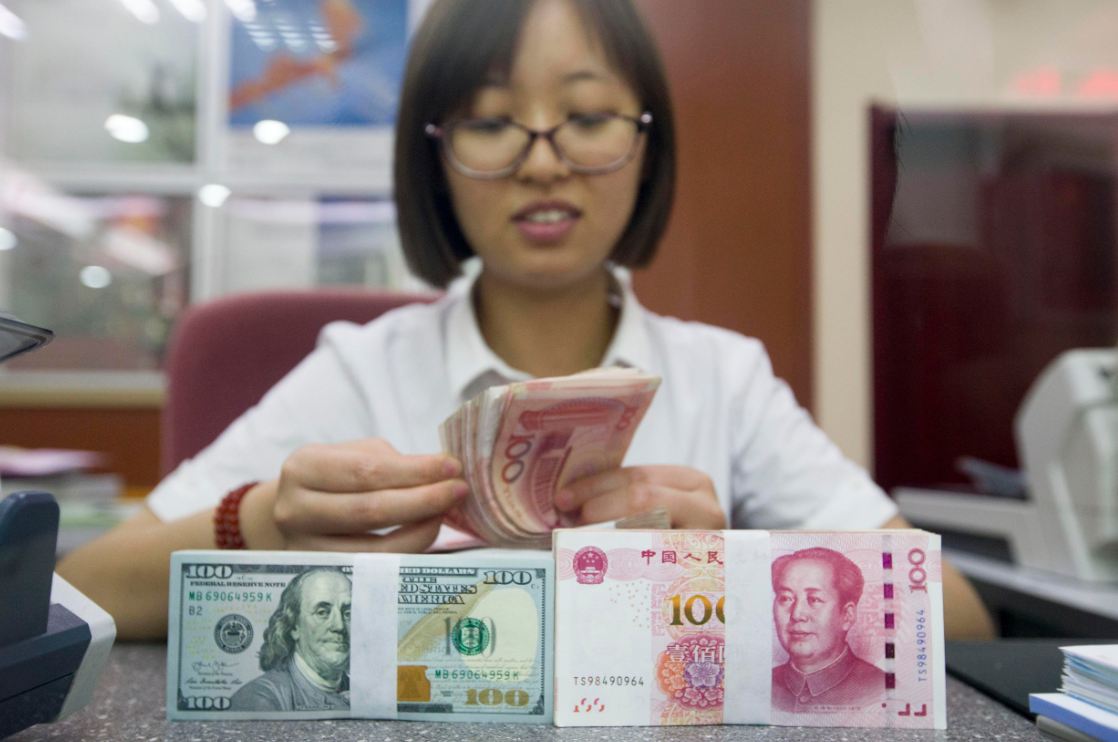China to keep foreign exchange reserves stable


Chinese foreign exchange reserves rose by $8.6 billion month-on-month in November after three months of declines, influenced in part by rising bond prices in some major countries, the central bank said on Friday.
By the end of last month, foreign exchange reserves stood at $3.06 trillion, a net drop of $78 billion since the end of 2017, the bank said.
Last month's increase was a result not only of the higher bond prices but also a strengthened US dollar, Wang Chunying, a spokeswoman for the State Administration of Foreign Exchange, said on Friday.
While there could be some fluctuations, China's foreign exchange reserves are expected to remain stable, given the sound international balance of payments, Wang said.
A more flexible foreign exchange rate regime in China could help to keep reserves stable, analysts said.
In its latest sovereign rating report, Fitch Ratings said it expects authorities to continue favoring flexibility and permitting more volatility in the Chinese yuan, rather than using the foreign exchange reserve to offset currency weaknesses.
"This would largely preserve China's sizable foreign reserve buffers," the report said.
China may allow more flexible floating of the currency next year, as the monetary authority has said it would push forward foreign exchange reform, experts said.
"Cross-border capital flows should be monitored by the Chinese monetary authority next year to prevent unexpected fluctuations, which have happened in some emerging market economies this year," said Wang Shengzu, co-head of the Investment Strategy Group Asia at Goldman Sachs Private Wealth Management.
But pressure could also accumulate as the current-account surplus may continue to narrow in 2019, according to analysts, and there is potential for higher capital outflows stemming from volatile market sentiment and further monetary policy divergence with the United States.




































